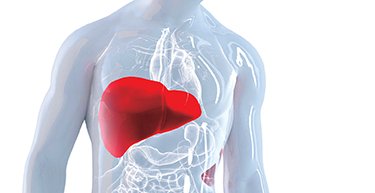Cortisone injections ‘not as safe’ as previously thought — study
A recently-published study has suggested that patients should be given more information about the potential risks associated with cortisone injections for hip and knee pain. The authors have also suggested that conversations about potential adverse effects of cortisone injections should be part of conversations between doctors and patients with regard to consent.
The researchers at the Boston University School of Medicine in the US found that there is potential for cortisone injections to accelerate joint disintegration, possibly leading to hip or total knee replacements in the worst-case scenarios.
The researchers cited figures showing that 4 per cent of patients who had cortisone injections in their knees and 10 per cent who received injections in their hips suffered complications. These included progressive osteoarthritis, stress fractures and in some cases, even collapse of the joints themselves.
They particularly stressed that when x-rays show limited indications of osteoarthritis, patients should be carefully monitored if they report pain that is inconsistent with the x-ray results. If these patients are given cortisone injections, they are at increased risk of subsequent destructive arthritis.
Study lead Dr Ali Guermazi of Boston University School of Medicine commented: “We have been telling patients that even if these injections don’t relieve your pain, they’re not going to hurt you. But now we suspect that this is not necessarily the case. We are now seeing these injections can be very harmful to the joints, with serious complications.”
He continued: “What we wanted to do with our paper is to tell physicians and patients to be careful, because these injections are likely not as safe as we thought.
“Physicians do not commonly tell patients about the possibility of joint collapse or subchondral insufficiency fractures that may lead to earlier total hip or knee replacement. This information should be part of the consent when you inject patients with intra-articular corticosteroids.”
The study results were published recently in Radiology and are available online.













Leave a Reply
You must be logged in to post a comment.